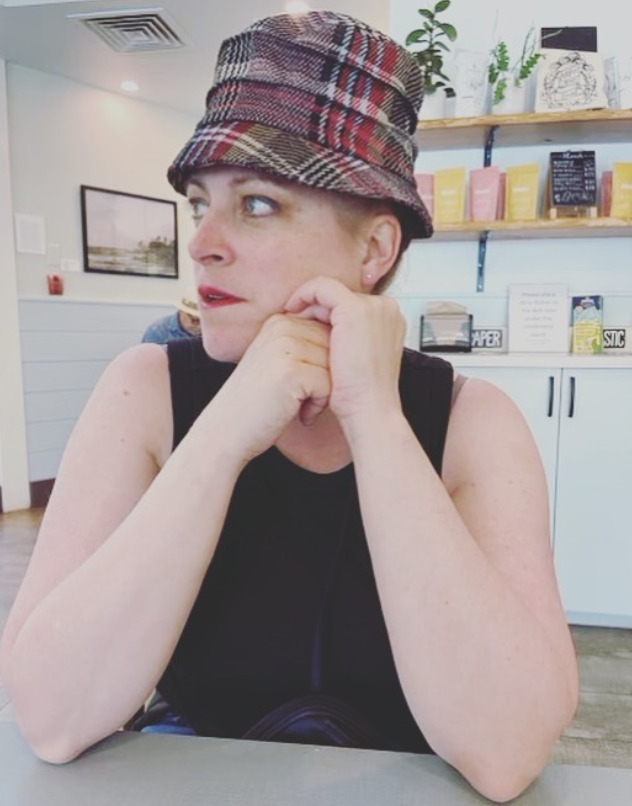How to Spot A Struggling Writer in the Wild
Have you seen this type of struggling writer?
You give a writing assignment.
You expect all the students to plan out their writing, write, reread their writing, change a few details…
But no!
Suddenly a few of them arrive back at your desk, and declare
“I’m DONE!
or I’ll call this type : “The Grande” writer
Basically, they are declaring, “I’m done! Thank you, next!”
So, what is happening with these writers?
Writing is a process that includes many stages.
One thing clear about these writers, they are not taking advantage of the pre-writing stage.
Or as Steve Graham explains, these students “compose by drawing any information from memory that is somewhat appropriate, writing it down, and using each idea to stimulate the generation of the next one.”
They write in a completely linear fashion.
No looking back for these writers.
No planning, rereading, revising, editing etc.
For example, if they were to write about dogs, this type of writer – “Grande” writer – would go with whatever was in their mind until fully exhausted of information. They would not take out a mind map, brainstorm a list or even talk to another student about what they know. All of these things, pre-writing activities would have improved their writing. These writers would have been able to review their ideas, pre-select, order ideas and then write a more coherent, lengthier piece.
You might enjoy this pop culture reference. I love this image of Gromit, from Wallace and Gromit, laying down track. This is exactly how these writers write. Throwing words out until they have no more.
So basically, if a “Grande” walks up to your teacher desk.
Pause, turn your head quickly, look at the student and say,
“Excuse me, can I see your graphic organizer?”
And that my friends, is how you tame the “Grande” writer.
Until Next Time,
Love Coach Clark
References
Prevention and Intervention of Writing Difficulties for Students with Learning Disabilities By: Steven Graham, Karen R. Harris, and Lynn Larsen (http://www.ldonline.org/article/6213/)

